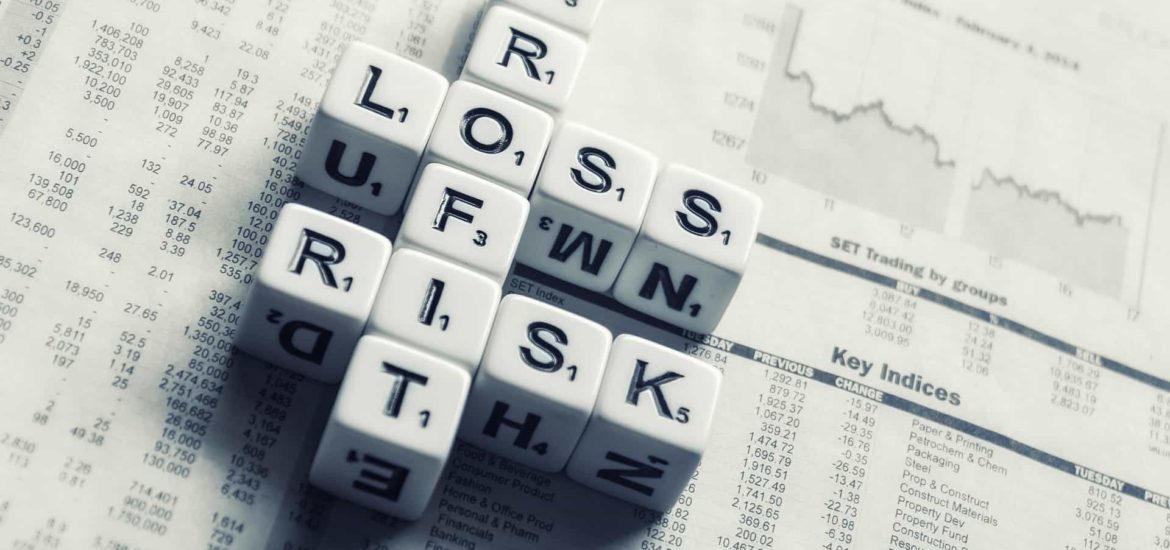Business risk can be defined as uncertainties or unexpected events, which are beyond control. In simple words, we can say business risk means a chance of incurring losses or less profit than expected. These factors cannot be controlled by the businessmen and these can result in a decline in profit or can also lead to a loss.
Nature of Business Risk
Business risk is the possibilities a company will have lower than anticipated profits or experience a loss rather than taking a profit. Business risk is influenced by numerous factors, including sales volume, per-unit price, input costs, competition, and the overall economic climate and government regulations.
Arises due to Uncertainties
Uncertainties mean when you are not sure of what is going to happen in future. Common examples of uncertainties are: change in demand, government policy, technology etc. Business risk is due to these uncertainties.
Essential part of any Business
A risk is an important characteristic of business. No business can avoid risk although the degree of risk may vary Risk can be reduced but cannot be eliminated.
Degree of Risk Depends upon the Nature and Size of Business
The degree of risk depends upon the type of business; for example, a business involved in fashion items bears more risk as compared to the business involved in standardized goods. Similarly, a business operating at large scale bears more risk as compared to small-scale business houses.
Profit is the Reward for bearing the Risk
The business earns a profit because they are bearing risk. No risk no gain. Larger the risk more is the profit. An entrepreneur bears risk with the expectations of earning a profit.

Causes of Business Risk
Natural Causes
Nature is an independent phenomenon and human beings have no control over it. Natural calamities like pandemic, earthquake, flood, drought, famine etc. Affect a business a lot and can result in heavy losses. The natural causes are such type of uncertain factors that human beings cannot make any preparation against.
Human Causes
Human causes are related to a chance of loss due to human being or employees of the organization. The dishonesty of employees can bring heavy losses for business e.g., the employees may leak a business secret to a competitor and may commit fraud also bring heavy losses by wastage of resources.
Read More : 5 Crucial Characteristics of Risk Management
The employees may hamper the production by going on strikes, riots etc. This can also lead to heavy loss of business condition. There can be price fluctuations in the market, there can be a change in fashion, taste, preferences, and demands of customers
Economic Causes
Economic causes are related to a chance of loss due to change in the market. There can be a change in the degree of competition. All these have a direct impact on the earnings of the business. Even change in Government policy affects the business a lot.
Physical Causes
All the causes which result in damage of assets are considered as a physical cause, for example, change in technology may result in machinery being outdated, use of old technology, mechanical defects may also result in damage of assets such as the bursting of a boiler, accident to employee etc.

Types of Business Risk
The business risk can be classified into two major categories:
Insurable Risk
The risks which can be recovered are called insurable risks. The losses which can be made good or losses for which company can get compensation from the insurance company are called Insurable Risks. Generally, the natural and physical risks are insurable risks, e.g., businessmen can take a fire insurance policy to get protection from flood, earthquake or from the damage of assets such as the bursting of boiler etc.
Non-insurable Risks
The risks for which no protection is available are called Non-insurable risks. The businessmen cannot get compensation for a change in demand or loss due to negligence or carelessness of employees. Whether the risk is insurable or non-insurable, only the loss can be shared but the risk remains
Minimization of Risk
Business has many risks but it can also be avoided by adopting some measures. Management can adopt the technique to minimize the chance of occurring any particular event which form may cause the loss. All the risks cannot be avoided but these can be minimized.
Learn More : 9 Risk Factors That Influence Your Financial Plan
Though a business can never escape from a presence of any risk it can still employ methods to avoid them. For instance, the firm can:
- Avoid itself from entering into a risky transaction;
- Preventive measures can be taken like firefighting;
- Transfer the risk to an insurance company by taking a policy:
- Share risk with other enterprises by making the manufacturers agree to compensate the losses in the case of falling prices.
So such policies are adopted which reduce the loss. For example, there is a greater risk to send the product by air then by train. So the risk can be reduced by sending the product by train. Similarly, when you introduce a new product, there is a greater risk, so you may refuse to avoid the risk. Businesses receives all the profits as a reward for bearing & minimizing the business risk.
Do You Know Any More About Business Risk? Comment them on Trdinoo for others to learn. Please subscribe and share us with your friends and networks.
